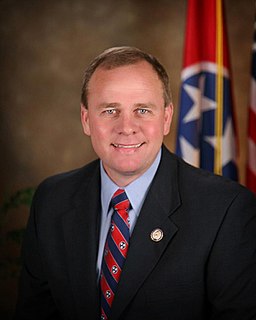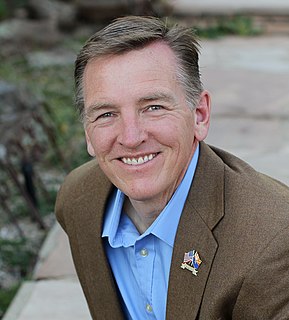A Quote by Andrew R. Wheeler
EPA takes its Clean Air Act responsibilities seriously and is committed to providing certainty to state and industry partners. We will not use our authority to pick winners and losers in the energy marketplace.
Related Quotes
The Safe Drinking Water Act, the safety provisions of the Clean Water Acts, the Clean Air Act, the Superfund Law - the gas industry is exempt from all these basic environmental and worker protections. They don't have to disclose the chemicals they use. They don't have to play by the same rules as anybody else.
SDN is a major shift in the networking industry. At Juniper, we think the impact of SDN will be much broader than others have suggested. It will redefine networking and create new winners and losers. We're embracing SDN with clearly defined principles, a four-step roadmap to help customers adopt SDN within their business, and the networking industry's first comprehensive software-centric business model. We're incredibly excited about the value that SDN will deliver to our customers and are committed to leading the industry through this transition.
This is a war universe. War all the time. That is its nature. There may be other universes based on all sorts of other principles, but ours seems to be based on war and games. All games are basically hostile. Winners and losers. We see them all around us: the winners and the losers. The losers can oftentimes become winners, and the winners can very easily become losers.


































